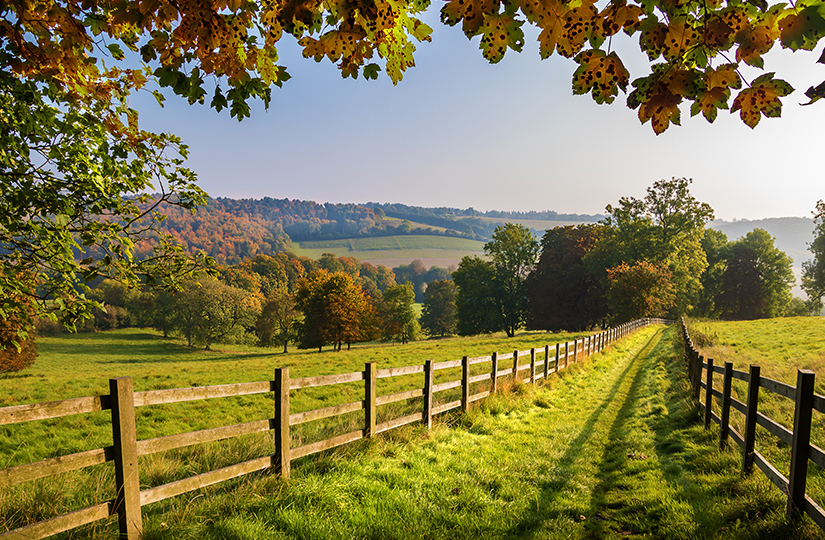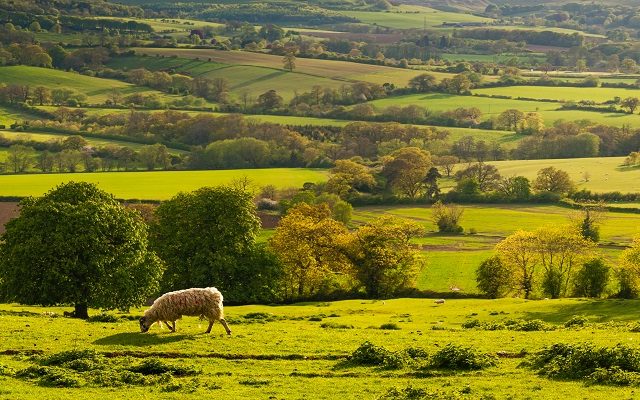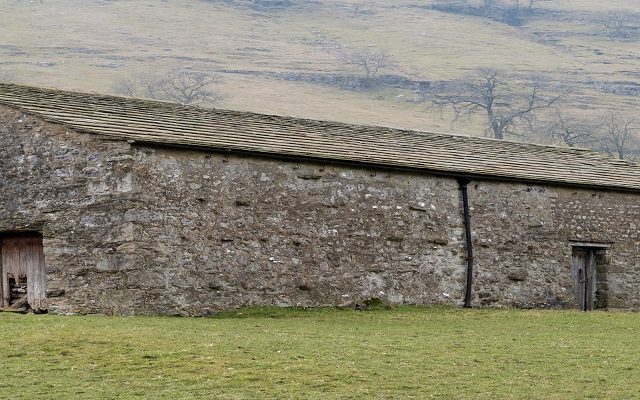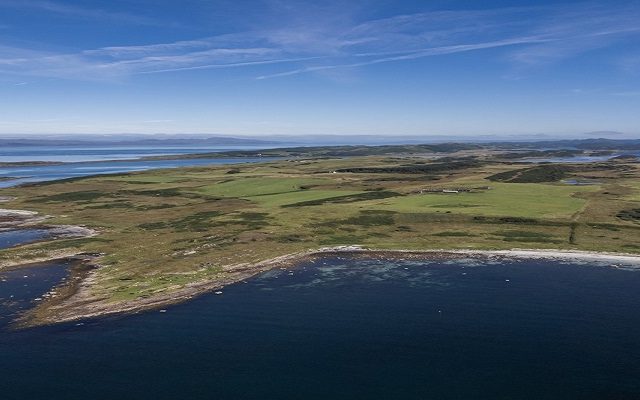Basic Payments lump sum exit scheme plans explained
The long-promised government consultation on the introduction of a lump sum exit scheme and how delinked Basic Payments should work has been published by Defra.
We have been expecting a lump sum payment policy for some time and this has now developed into a very specific retirement policy. The plan is that a lump sum will be offered in place of a farmer being paid annual direct payments through the rest of the agricultural transition period (which runs to 2027). The sums of money are probably not large enough on their own for wholesale change, but they may bring forward some decisions and start some new conversations between landowners and farmers.
The delinking proposals have also been expected for some time and have important implications for business structures and land occupation arrangements.
The details set out below may be subject to change, depending on the outcome of the consultation which runs until 11 August 2021.
However, the current plan – which applies to farmers in England only – is as follows:
Lump sum exit scheme
- It is a one-off scheme for applications in 2022 only.
- Rules of how the scheme will work are expected to be published in October 2021.
- Only available to people who started claiming BPS in 2015 or earlier – with an exemption for people who have inherited a farm or succeeded to an Agricultural Holdings Act (AHA) tenancy more recently.
- Only open to farmers leaving the industry and not, as had previously been discussed, to farmers who intend to remain farming.
- Payment will be 2.35 x the average of the BPS payment in 2018, 2019 & 2020 (adjusted for subsequent transfers out of entitlements).
- The lump sum payable will be subject to a payment cap of £100,000, which means farmers who receive about £40,000 or less in basic payments – which equates to about 182ha – would not be affected by the cap.
- All BPS entitlements will be cancelled – it would be an all or nothing scheme.
- No stewardship agreements may be entered into by the lump sum recipient for the remainder of the transition period or lump sum must be repaid.
- Land must be given up i.e. sold, gifted or leased out on a minimum five-year Farm Business Tenancy (FBT), or passed to an Agricultural Holdings Act (AHA) successor, but successful applicants will be allowed to stay in a farmhouse and keep up to 5% or 5ha (whichever is the smallest) of their agricultural land.
- All partners and directors of the business will be unable to claim BPS elsewhere.
- Anyone taking up the option could still work as a contractor or for another farming business.
- Measures to prevent abuse of the system will be developed.
- Land given up can still be used for the new occupier to claim for BPS.
- Tax treatment of the lump sum payment is still being discussed with HMRC.
We have made some assumptions about payment levels towards the end of the transition period but, the proposed calculation of the lump sum would mean eligible farmers could elect to take a one-off payment of about £548 per hectare in 2022 instead of annual payments amounting to a total of about £622 per hectare over the remaining 5 years of the transition period.
The cap at £100,000 means the scheme is much less attractive for farms larger than about 180 hectares.
Delinking
- Remaining BPS payments to be ‘delinked’ from land from 2024.
- The delinked sum will be a reference amount less the progressive reductions already known about.
- The reference amount will be based on a reference period still to be established, but Defra has specifically asked for views on using 2018-2020, 2018-2022 or 2022 only.
- Applicants must have been farming up to the end of 2023 to be eligible.
- Delinking means that farmers will no longer need to submit an annual BPS claim form.
- Technically, delinking will also bring an end to the cross compliance regime, but in practice it is likely these rules will be maintained.
- Tax treatment of delinked payments still to be established.
New entrants scheme
- A set of recommendations on the design of a new entrant scheme is expected later this year.
- The new scheme should be available from 2022.






